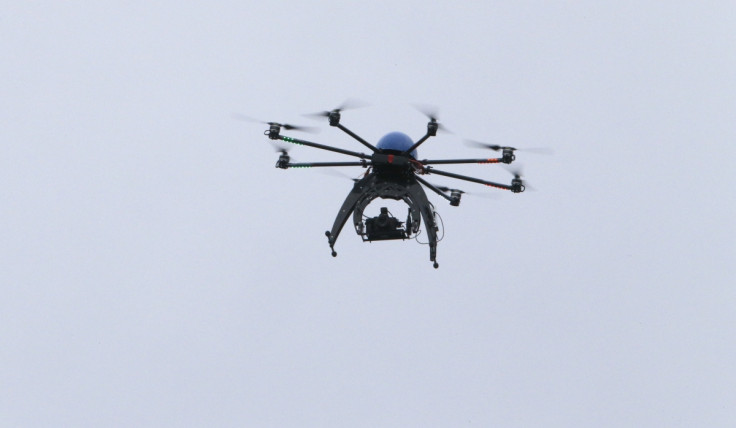India could revolutionise organ transport by using drone delivery

Scientists in India are paving the way for a project that could significantly reduce the time required for transporting organs. If everything goes according to plan, India could soon use Unmanned Aerial Vehicles (UAVs) or drones to transport organs and hospitals could cut the organ transportation time by 50%.
Kota Harinarayan, the father of India's home-grown fighter Light Combat Aircraft (LCA), said, "The main focus will be on transporting hearts as other organs can be preserved for longer after harvesting," the Times of India reported.
Currently, the transportation of organs in the country takes place by creating a green corridor on roads to ensure the smooth transit of ambulances. A heart can typically be stored for less than 10 hours while a liver can be preserved for 12-15 hours.
Harinarayan is leading the Rs 1bn (£10.3m) project with another senior scientist K Ramachandra from National Design and Research Forum (NDRF) for Micro Air Vehicles (NP-Micav) and some others in the US. Ramachandra and his team bring expertise on unmanned vehicle technology while Harinarayan is an aerospace scientist.
Harinarayan said, "We have expertise in aerospace and UAV technologies. We've been in talks with multiple doctors in the country and some in the US to decide what kind of facilities are needed in the vehicle to keep the organ safe during transit."
According to the Times of India, the team is looking at two possibilities. The first is having the organ carrying technology built into the drone and the other is to have a special box carry the organ.
Ramachandra said, "For this project, we are looking at a vehicle of the regular UAV size and not the micro size. The challenge is to achieve a 100-km range, work on which is going on."
The idea to use drones for rapid organ transportation is also taking off in the US with the announcement by Chinese drone maker Ehang that it has signed a deal with a biotechnology company to provide its UAVs. Ehang's drones made news in January after unveiling the world's first drone that is capable of carrying a human.
© Copyright IBTimes 2025. All rights reserved.





















